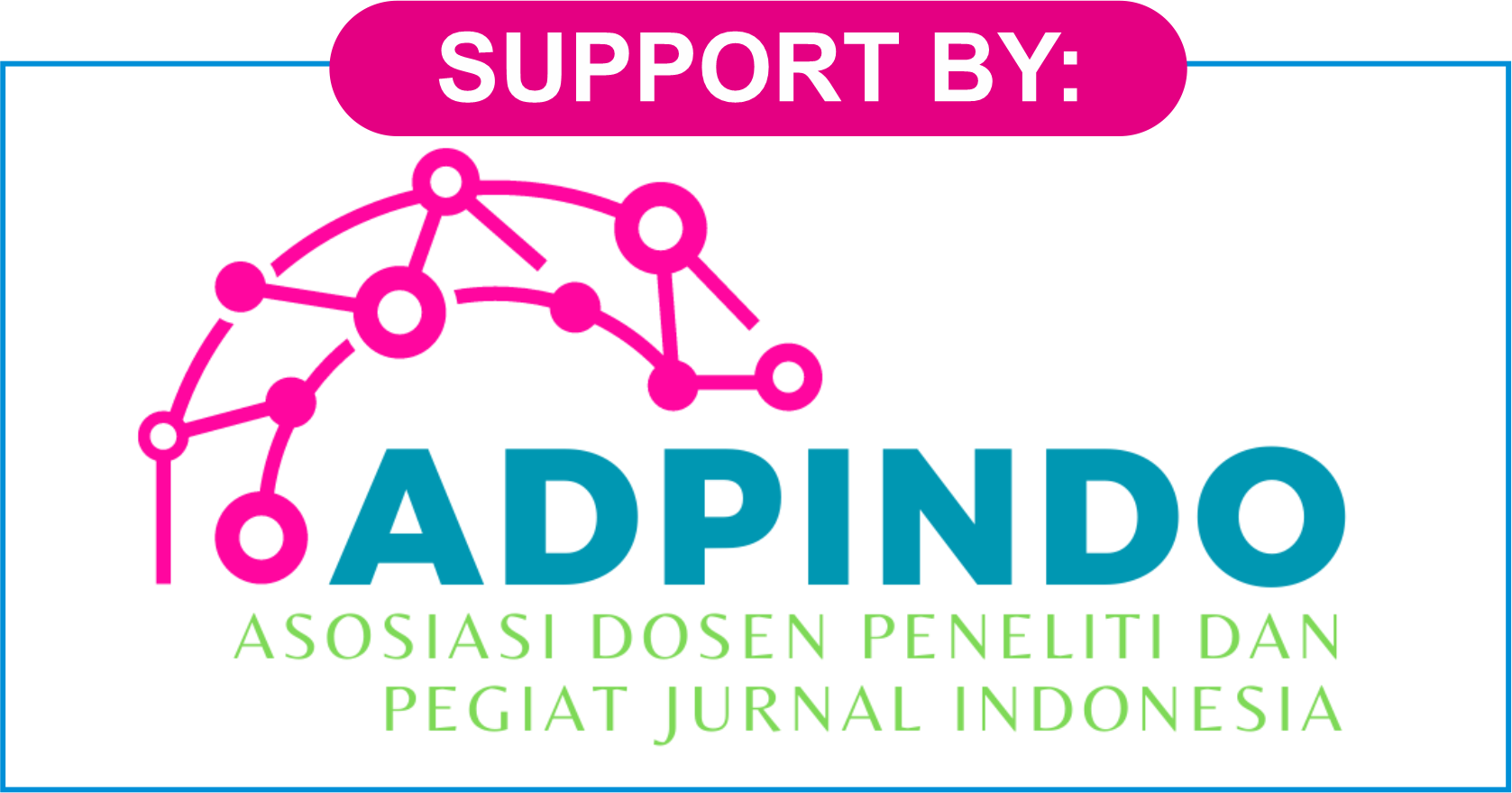AN ISLAMIC LEGAL PERSPECTIVE ON CONTEMPORARY HEALTH ISSUES: INTEGRATING TRADITIONAL AND MODERN APPROACHES
DOI:
https://doi.org/10.47353/sikontan.v3i4.2785Keywords:
Islamic law, healthcare, bioethics, medical ethics, Islamic jurisprudenceAbstract
This article explores the intersection of Islamic law and modern health practices, analyzing how traditional Islamic principles address contemporary health issues such as mental health, medical ethics, and the use of modern medicine. Islam has long had a profound influence on the healthcare practices of its followers, with guidelines rooted in the Qur'an and Hadith (sayings of the Prophet Muhammad). However, with the rapid development of modern medical technologies and global health challenges, there has been a growing need to reconsider Islamic legal principles in relation to modern health needs. This study presents an in-depth analysis of how Islamic jurisprudence can contribute to health policy in the modern world, focusing on issues like bioethics, reproductive health, and patient rights. Through a critical examination of primary Islamic texts and contemporary scholarly interpretations, the article provides a framework for reconciling Islamic legal doctrines with emerging health challenges. The findings indicate that while Islamic teachings can offer significant guidance in medical decision-making, there remains a need for continuous reinterpretation of Islamic jurisprudence to address the complexities of modern healthcare.
Downloads
References
Alam, M. (2016). The Role of Islamic Law in Patient Rights. Journal of Islamic Healthcare, 11(1), 27-41.
Al-Din, M. T. (2008). Islamic Bioethics: A Primer for the Twenty-First Century. Cambridge University Press.
Al-Faruqi, I. (1992). Ethical Dimensions of Islam: The Role of Bioethics in Healthcare. Islamic World Studies, 17(2), 44-59.
Al-Ghazali, A. (2005). The Book of Knowledge. Islamic Translation Series.
Al-Kubaisi, A. (2015). Islamic Approaches to Psychiatry and Mental Health. Islamic University Press.
Al-Qaradawi, Y. (2007). The Lawful and the Prohibited in Islam. American Trust Publications.
Anwar, S. (2018). Organ Donation and Islamic Law: An Evolving Debate. Journal of Islamic Medical Ethics, 9(2), 99-115.
Badri, M. (2000). The Islamic Concept of Mental Health. International Institute of Islamic Thought.
Badri, M. (2000). The Struggle with the Self: Islamic Psychotherapy. International Institute of Islamic Thought.
Fajariyah, L., & Masuwd, M. A. (2024). Agricultural Crisis Mitigation Strategy through Scientific Interpretation: A Study on Tafsir Ilmi by the Indonesian Ministry of Religious Affairs. QOF, 8(2), 239–256. https://doi.org/10.30762/qof.v8i2.2522
Ghaleb, S. (2009). Islamic Views on Healthcare and Ethics: The Role of Religion in Modern Medicine. Medical Ethics in Islamic Context, 17(1), 88-103.
Ghaleb, S. (2010). Islamic Medical Ethics and the Challenges of Modern Science. Islamic Law Review, 18(1), 112-135.
Hatem, M. (2015). Islamic Views on End-of-Life Care: Ethical Frameworks and Modern Applications. Journal of Islamic Bioethics, 23(1), 91-108.
Huda, S. (2014). Islamic Legal Reinterpretation and Modern Medicine: A Case Study. Contemporary Islamic Studies, 3(4), 210-225.
Ibn Sina, A. (2009). The Canon of Medicine. Translated by Laleh Bakhtiar. Great Neck Publishing.
Imran, S. (2013). Bioethics and Islamic Law: The Case of Genetic Engineering. Bioethics in Islamic Context, 12(4), 67-82.
Laskar, S. (2018). Islamic Jurisprudence on Organ Donation and Transplantation: The Evolution of Thought. Middle Eastern Medical Law, 14(2), 101-118.
Liat, S. (2009). The Practice of Medicine in Islamic Tradition. Journal of Islamic Studies, 9(1), 87-101.
Majeed, F. (2012). Islamic Views on Organ Donation and Medical Ethics. Bioethics Journal, 13(2), 72-85.
Majeed, F. (2013). Patient Autonomy and Islamic Medical Ethics: A Reappraisal. Journal of Islamic Bioethics, 22(3), 150-165.
Malik, M. (2012). Islamic Ethics of Health and Medicine: A Comprehensive Guide. Routledge.
Muhammad Taqi al-Din al-Hilali, M. (2011). The Principles of Islamic Medical Ethics: Issues and Solutions. Dar Al-Turath.
Rizvi, S. M. (2010). Islamic Law and Medicine: Ethical Dilemmas in Modern Healthcare. Islamic Studies Journal.
Sachedina, A. (2003). Islamic Biomedical Ethics: Principles and Application. Oxford University Press.
Sayyid, M. R. (2012). Islamic Ethics and Modern Health Challenges. Journal of Islamic Medical Ethics, 21(3), 140-158.
Sa’diyah, Miftahus, Mowafg Abrahem Masuwd, and Ach. Faqih Supandi. 2022. “Legal Problems Using AstraZeneca Vaccine: Hermeneutic Analysis of the Fatwa of the Indonesian Ulema Council”. Journal of Islamic Law 3 (1), 1-16. https://doi.org/10.24260/jil.v3i1.496.
Shaw, A. (2016). Islamic Law in Modern Healthcare Systems: A Comparative Perspective. Global Health Journal, 13(4), 51-65.
Sulaiman, A. (2011). Reproductive Rights in Islam: A Jurisprudential Perspective. International Journal of Islamic Law, 8(2), 121-134.
Sulaiman, A. (2015). Islamic Perspectives on Assisted Reproductive Technologies: Ethical and Jurisprudential Challenges. Journal of Islamic Medical Ethics, 18(1), 59-72.
Tufail, I. (2012). Islamic Law and Bioethics: The Compatibility of Islamic Jurisprudence and Modern Medicine. Al-Qalam, 15(3), 200-215.
Yusuf, I. (2014). Mental Health in Muslim Communities: Contemporary Perspectives and Islamic Guidelines. Islamic Studies Journal, 28(2), 45-59.
Zubair, K. (2017). The Islamic Perspective on Bioethics: A Modern Approach to Health Issues. Islamic Health Journal, 13(5), 59-73.
Downloads
Published
How to Cite
Issue
Section
License
Copyright (c) 2025 Naser Ali Abdulghani, Safa Husayn Alrumayh

This work is licensed under a Creative Commons Attribution 4.0 International License.











